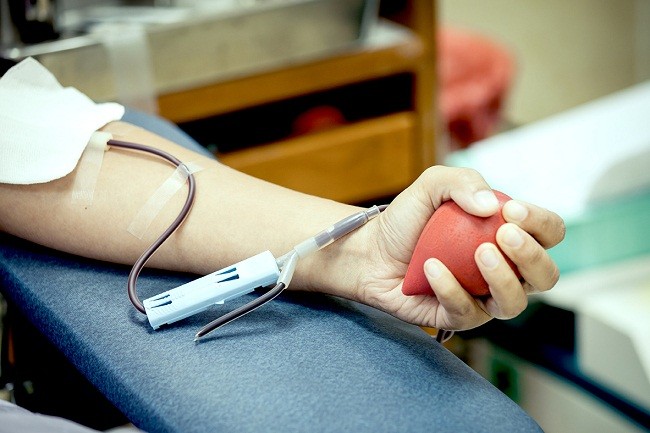Just the thought of donating blood to someone in need feels so wonderful! It is a constant struggle for the transplant centers and blood banks to maintain sufficient supply. Now, when it comes to donating blood, there are a few conditions that can make you ineligible – especially if you are a diabetic, if that is your first thought.
If you are a diabetic, you could face some risks by giving blood. But in some cases, you can still be eligible to donate blood without your blood sugar being affected. However, here’s what you should know about being a diabetic and donating blood –
Prediabetes & Donating Blood
If you are diagnosed with prediabetes, you will still be eligible to donate blood if you haven’t had any heart problems before.
Insulin & Donating Blood
Most people with type 1 diabetes and type 2 diabetes who are insulin-dependent are not allowed to give blood. Those who take insulin will be at a health risk if they happen to give blood. Hence they are not permitted to donate blood in the first place. This is applicable to both insulin pump therapy and regular insulin injection users.
Diabetes Medication & Donating Blood
If your diabetes medication has not changed in the last four weeks, then you can give blood. However, what to keep in mind is that the medication changes include a dosage change and also the type of medication taken. So if your diabetes doctor has changed your medication recently, that will cause an effect on your blood glucose levels which will put you at a health risk.
Diabetes & Heart & Donating Blood
If you are a diabetic and you have had heart problems before then you are not eligible to donate blood. This also includes those people who have:
- Experienced giddiness and faintness as a result of heart problems
- Have heart failure
- Had a surgery for narrowed arteries or blocked arteries including amputation
Who is eligible to donate blood
You are eligible to donate blood as long as:
- Either you have been diagnosed with gestational (pregnancy) diabetes or prediabetes (abnormal blood sugar), and you do not require treatment at the moment, or if your diabetes is controlled by a diabetes diet alone.
- You are on the same dose of medication for 4 weeks or more either injectable medication or oral and if you still are feeling well and fit, you must also make sure none of the following apply.
Who is not eligible to donate blood
- You need regular insulin treatment
- You required the treatment of insulin within the last 4 weeks
- You have suffered heart failure
- You are still under treatment or observation or a follow up for renal impairment
- You have had wounds or ulcers related to a loss of sensation
- You have had a blood vessel surgery or amputation
- You often feel giddy or faintish
It really does not matter what type of diabetes you have as long as you fall under the eligibility criteria to donate blood.











